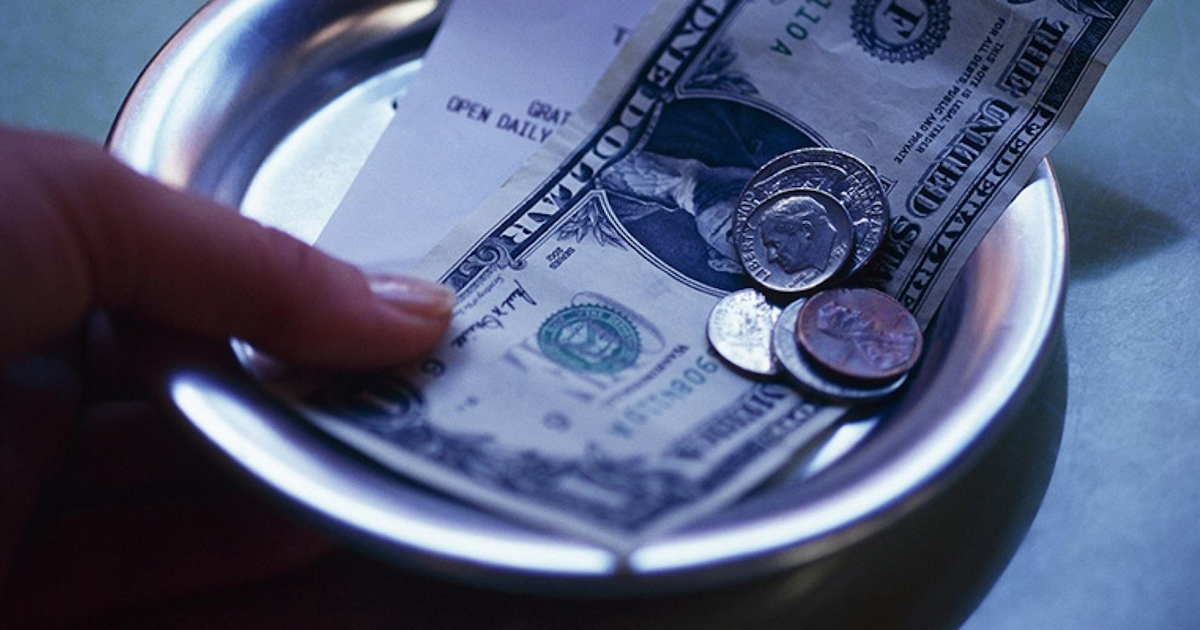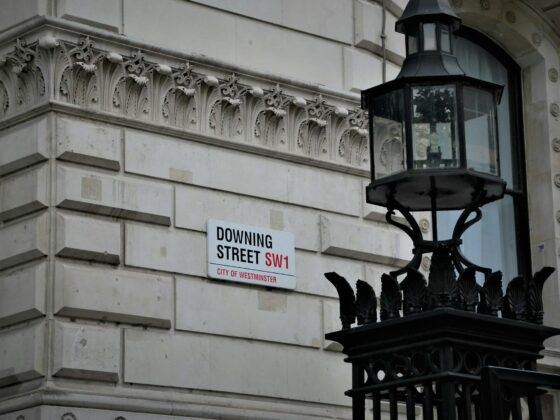
After the Senate and U.S. House of Representatives passed similar bills establishing a tax deduction for tipped employees like restaurant servers, a group of restaurant operators is asking Congress to broaden the bill to include back-of-house workers like kitchen staff.
If signed into law, the No Tax on Tips Act would establish a new tax deduction of up to $25,000 a year for employees who typically receive cash tips and earn $160,000 a year or less. This limit would be adjusted annually for inflation.
More than 400 operators — led by the Independent Restaurant Coalition — sent a letter to Congress arguing that as more operators “shift to service charges as a more stable, balanced compensation model,” excluding other “essential staff” from this bill would “penalize independent restaurants” in the long run.
“As written, the No Tax on Tips provision in the budget would leave behind dishwashers, chefs, porters, and other workers who will still be taxed on their wages,” the letter states. “The proposed tax exemption for tips will ultimately do more harm than good to the over 11 million people who rely on restaurants and bars for their livelihood, and at a time when they can least afford it.”
The Coalition also believes this legislation could “unintentionally discourage workers from pursuing salaried management positions,” limiting career advancement in an industry that already struggles with high turnover rates.
“This legislation is maybe well intended, but what it’s going to do is widen the gap amongst the people on our teams and create new problems,” Chef Cheetie Kumar, co-owner of Ajja restaurant in Raleigh, N.C. said in a press conference hosted by the IRC. “I’d say 95% of kitchens in independent restaurants don’t have a tip share. That includes the cooks in the kitchen. So now, not only are the cooks making less money, but now the servers are going to get an extra advantage and not have any tax on their tips … I hate for us to continue to lose motivated people who really love to cook, but they get punished for it by just choosing that dream of theirs. We’re trying to build careers, and this does not really help us in that endeavor.”
Although this legislation has achieved broad bipartisan popularity, economic policy experts and lobbyists disagree on its effectiveness and impact, particularly for employees who rely heavily on tips, like restaurant servers. A February report from the Economic Policy Institute argues that the legislation would help few lower-wage workers while “potentially undercutting pay for more.”
Despite its name, the ‘No Tax on Tips’ proposal doesn’t actually eliminate all taxes from cash tips, as employers would still pay their portion of the payroll taxes. Employees would also remain subject to any state taxes on their tips.
Contact Joanna at [email protected]









